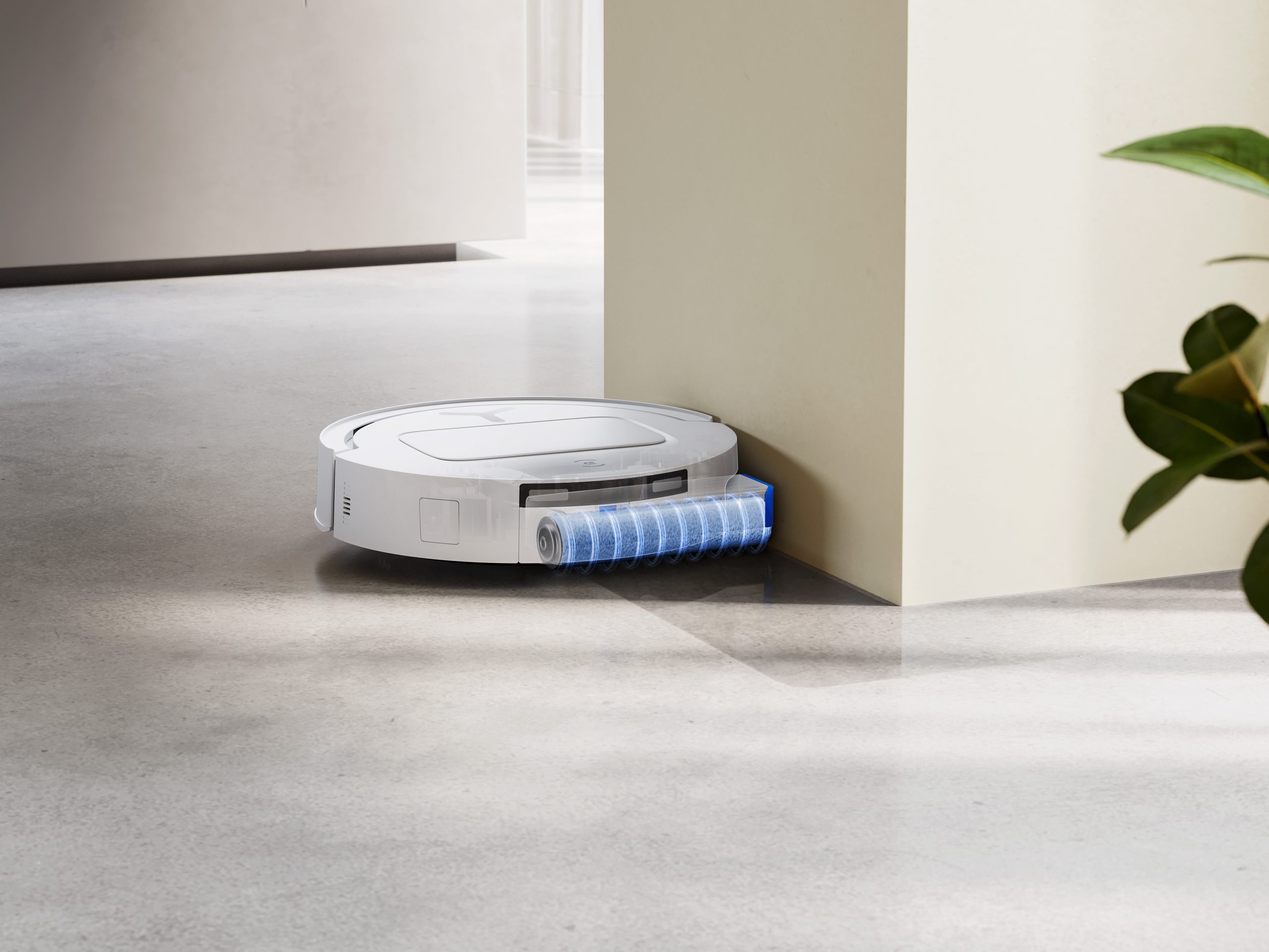Temu Owner PDD Posts Slowest Revenue Growth Since Early 2022
Fourth-quarter revenue climbed 24% to 110.61 billion yuan, equivalent to $15.30 billion, but missed estimates.
The Chinese owner of bargain app Temu reported slower quarterly profit and revenue growth, capping a turbulent year for the e-commerce giant as it faced stiff competition at home, geopolitical tensions abroad and U.S. tariff uncertainties.
PDD Holdings on Thursday said fourth-quarter revenue climbed 24% to 110.61 billion yuan, equivalent to $15.30 billion, missing a Visible Alpha estimate of 117.83 billion yuan. It was the slowest pace of growth since the first quarter of 2022.
Net profit rose 18% from a year earlier to 27.45 billion yuan, topping analysts’ expectations of 27.00 billion yuan. However, the growth was slower than the 61% rise in the third quarter and the more than twofold increase a year earlier.
“Looking ahead, we will continue to prioritize investments in the platform ecosystem as the cornerstone of our long-term value creation strategy,” said Jun Liu, PDD’s vice president of finance.
Jefferies analysts in a note said PDD’s top-line miss was due to slower-than-expected revenue growth from transaction services, while revenue from online marketing services and others was in line with consensus.
The easing momentum contrasted sharply with the stunning growth rates the company delivered in past years. PDD last year repeatedly warned of a slowdown, pointing to intensifying competition and external challenges.
Pinduoduo, the company’s discount platform in China, has grown rapidly since it launched nearly a decade ago, taking market share from e-commerce stalwarts Alibaba and JD.com . Its sister platform Temu burst onto the international scene in 2022 and swiftly gained attention in the U.S., attracting customers with low prices.
However, Temu has also encountered regulatory scrutiny as it expands overseas. U.S. President Trump in February delayed his plan to end a provision for China imports that lets platforms avoid paying import duties and customs inspections on low-value packages, offering the likes of Temu a brief reprieve.
For the full year, PDD’s total revenue rose 59% to 393.84 billion yuan and net profit climbed 87% to 60.03 billion yuan.
Last month, rival Alibaba posted its fastest pace of revenue growth since late 2023, with revenue for the latest quarter rising 7.6% to 280 billion yuan. Online retailer JD.com earlier this month nearly tripled its quarterly net profit as revenue climbed 13% to 346.99 billion yuan.
U.S.-listed PDD was recently 6.5% lower in premarket trading after the results.
 Copyright 2020, Dow Jones & Company, Inc. All Rights Reserved Worldwide. LEARN MORE
Copyright 2020, Dow Jones & Company, Inc. All Rights Reserved Worldwide. LEARN MORE
A long-standing cultural cruise and a new expedition-style offering will soon operate side by side in French Polynesia.
The pandemic-fuelled love affair with casual footwear is fading, with Bank of America warning the downturn shows no sign of easing.
The pandemic-fuelled love affair with casual footwear is fading, with Bank of America warning the downturn shows no sign of easing.
The boom in casual footware ushered in by the pandemic has ended, a potential problem for companies such as Adidas that benefited from the shift to less formal clothing, Bank of America says.
The casual footwear business has been on the ropes since mid-2023 as people began returning to office.
Analyst Thierry Cota wrote that while most downcycles have lasted one to two years over the past two decades or so, the current one is different.
It “shows no sign of abating” and there is “no turning point in sight,” he said.
Adidas and Nike alone account for almost 60% of revenue in the casual footwear industry, Cota estimated, so the sector’s slower growth could be especially painful for them as opposed to brands that have a stronger performance-shoe segment. Adidas may just have it worse than Nike.
Cota downgraded Adidas stock to Underperform from Buy on Tuesday and slashed his target for the stock price to €160 (about $187) from €213. He doesn’t have a rating for Nike stock.
Shares of Adidas listed on the German stock exchange fell 4.5% Tuesday to €162.25. Nike stock was down 1.2%.
Adidas didn’t immediately respond to a request for comment.
Cota sees trouble for Adidas both in the short and long term.
Adidas’ lifestyle segment, which includes the Gazelles and Sambas brands, has been one of the company’s fastest-growing business, but there are signs growth is waning.
Lifestyle sales increased at a 10% annual pace in Adidas’ third quarter, down from 13% in the second quarter.
The analyst now predicts Adidas’ organic sales will grow by a 5% annual rate starting in 2027, down from his prior forecast of 7.5%.
The slower revenue growth will likewise weigh on profitability, Cota said, predicting that margins on earnings before interest and taxes will decline back toward the company’s long-term average after several quarters of outperforming. That could result in a cut to earnings per share.
Adidas stock had a rough 2025. Shares shed 33% in the past 12 months, weighed down by investor concerns over how tariffs, slowing demand, and increased competition would affect revenue growth.
Nike stock fell 9% throughout the period, reflecting both the company’s struggles with demand and optimism over a turnaround plan CEO Elliott Hill rolled out in late 2024.
Investors’ confidence has faded following Nike’s December earnings report, which suggested that a sustained recovery is still several quarters away. Just how many remains anyone’s guess.
But if Adidas’ challenges continue, as Cota believes they will, it could open up some space for Nike to claw back any market share it lost to its rival.
Investors should keep in mind, however, that the field has grown increasingly crowded in the past five years. Upstarts such as On Holding and Hoka also present a formidable challenge to the sector’s legacy brands.
Shares of On and Deckers Outdoor , Hoka’s parent company, fell 11% and 48%, respectively, in 2025, but analysts are upbeat about both companies’ fundamentals as the new year begins.
The battle of the sneakers is just getting started.
BMW has unveiled the Neue Klasse in Munich, marking its biggest investment to date and a new era of electrification, digitalisation and sustainable design.
From mud baths to herbal massages, Fiji’s heat rituals turned one winter escape into a soul-deep reset.























